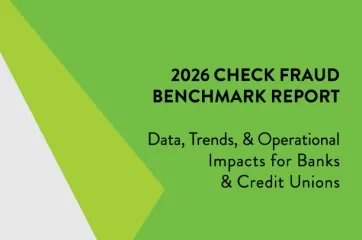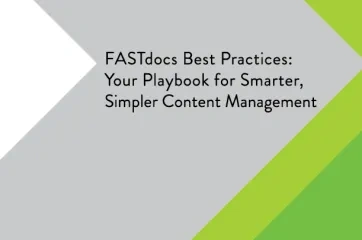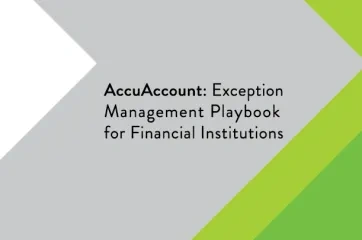A commercial loan is a loan that is made to a business entity, as opposed to a loan that is for personal or household use. Generally, a bank or credit union devotes a specific team to making and managing commercial loans.
Commercial loans tend to be more labor-intensive—both in the application stage and after booking—as financial institutions take additional measures to reduce the possible risks they could incur. This manifests itself in the initial determination through closing and ongoing monitoring. Although additional effort and risk can be involved with commercial loans, there exists a greater opportunity for return, as commercial loans are often larger and more profitable compared to personal loans.
Commercial Loan Complexities
Evaluating creditworthiness for a commercial loan is significantly more nuanced than for a personal loan. Consumer loan determinations are made on factors, such as the applicant’s employment status, his/her income, and credit history. In contrast, commercial lenders examine a wide variety of factors like:
- Years in business
- Cash flow
- Years selling the current product line
- Effectiveness of company management
- General industry performance
Mitigating Greater Risk
The additional scrutiny of commercial loan applications is due to two main reasons. First, as mentioned above, commercial loans are often much larger than consumer loans. Second, unlike secured personal loans in which banks and credit unions can repossess a car or house and sell it, if the financial institution forecloses on the business, the institution can be exposed to greater potential losses—even if it repossesses and collects on the collateral pledged on the loan.
Financial institutions often require the business principles to personally guarantee a commercial loan as a failsafe in case of default. Another method of reducing risk is through one of several types of Small Business Administration (SBA) loans. If the applicant qualifies, an SBA loan reduces the amount for which the bank or credit union is responsible.
Ongoing Due Diligence
Commercial loans also require much more post-booking follow-up and tracking than personal loans. Banks and credit unions monitor a variety of items for their commercial loans, which can include:
- Quarterly / annual financial statements
- Tax returns
- Accounts receivables
- Inventory
- Amounts drawn against revolving lines of credit
Modern banks and credit unions streamline commercial loan servicing with electronic banking management software, such as AccuAccount, which provides an efficient system to digitize documents and track exceptions from loan application to payoff.
Commercial Loan Resources
Looking for more commercial loan management tips? Be sure to check out our extensive resource library with free spreadsheets, whitepapers, videos and eBooks.
Browse our banking definitions page for more terminology.







